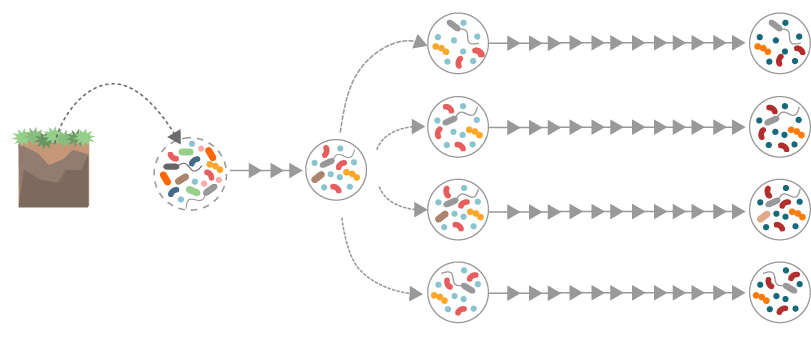Teaching

Our world is becoming increasingly scientific, with scientists interacting in the political and cultural spheres to provide solutions to global crises like climate change and food security. But in times of flux there are many incentives to consolidate and segregate communities, but fewer to encourage substantive communication across differences. In this context, I have often encountered either technocrats who believe everything can be solved with science, data, and technology, or people who dismiss science as inescapably part of the problem, without understanding the nuances of scientific practice. As a scientist, I have been lucky to have a very interdisciplinary formation, talking often with social scientists, philosophers and historians. In these interactions, I have learned that the lines between science and society are blurrier than we would sometimes like to think. My main goals as a teacher are to create an understanding of science within society and help students to develop skills of observation, questioning, analysis, and communication that are useful to read and transform their world.
Past classes
Advised the teaching faculty at the Department of Biological Sciences at the University of Pittsburgh in designing an introductory biology lab for undergraduate students (800/year) coupled to my research in flower coloration and microbial associations.
Carnegie Mellon University
- 99-236: Introduction to Environmental Ideas (upper undergraduate level interdisciplinary class, co-taught with an environmental historian; Carnegie Mellon University)
Department of Biological Sciences, University of Pittsburgh
- BIOSC 2351: Advanced Evolution. Graduate Seminar in Evolutionary Theory (2018) syllabus
- BIOSC 2110: Microbial Diversity. Graduate seminar; University of Pittsburgh (2017) syllabus
Presentations
Predictability of microbial ecology and evolution
Plant-microbe interactions
- Green Life Science Symposium. “Eco-evolutionary dynamics of flower microbiomes”
